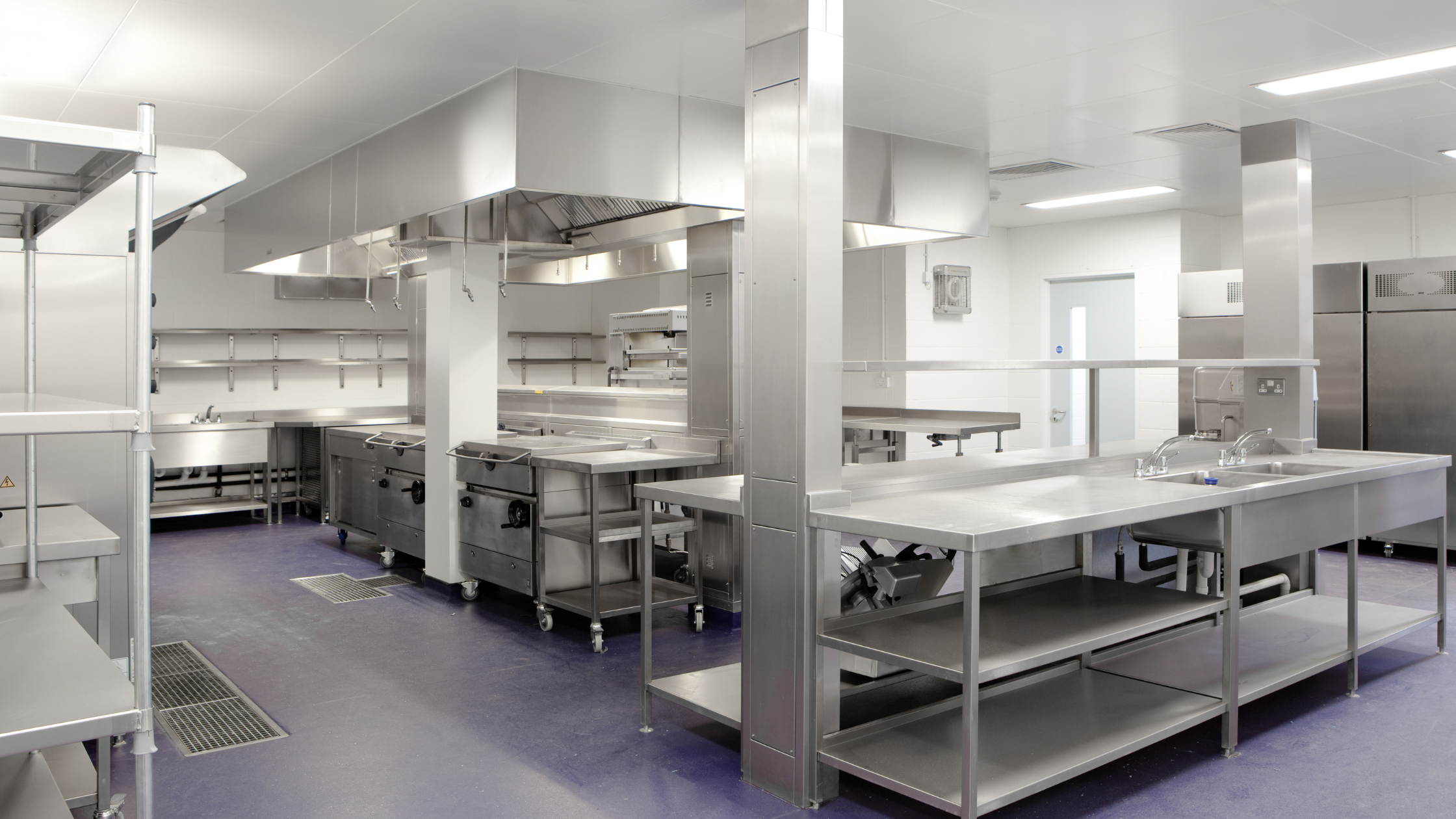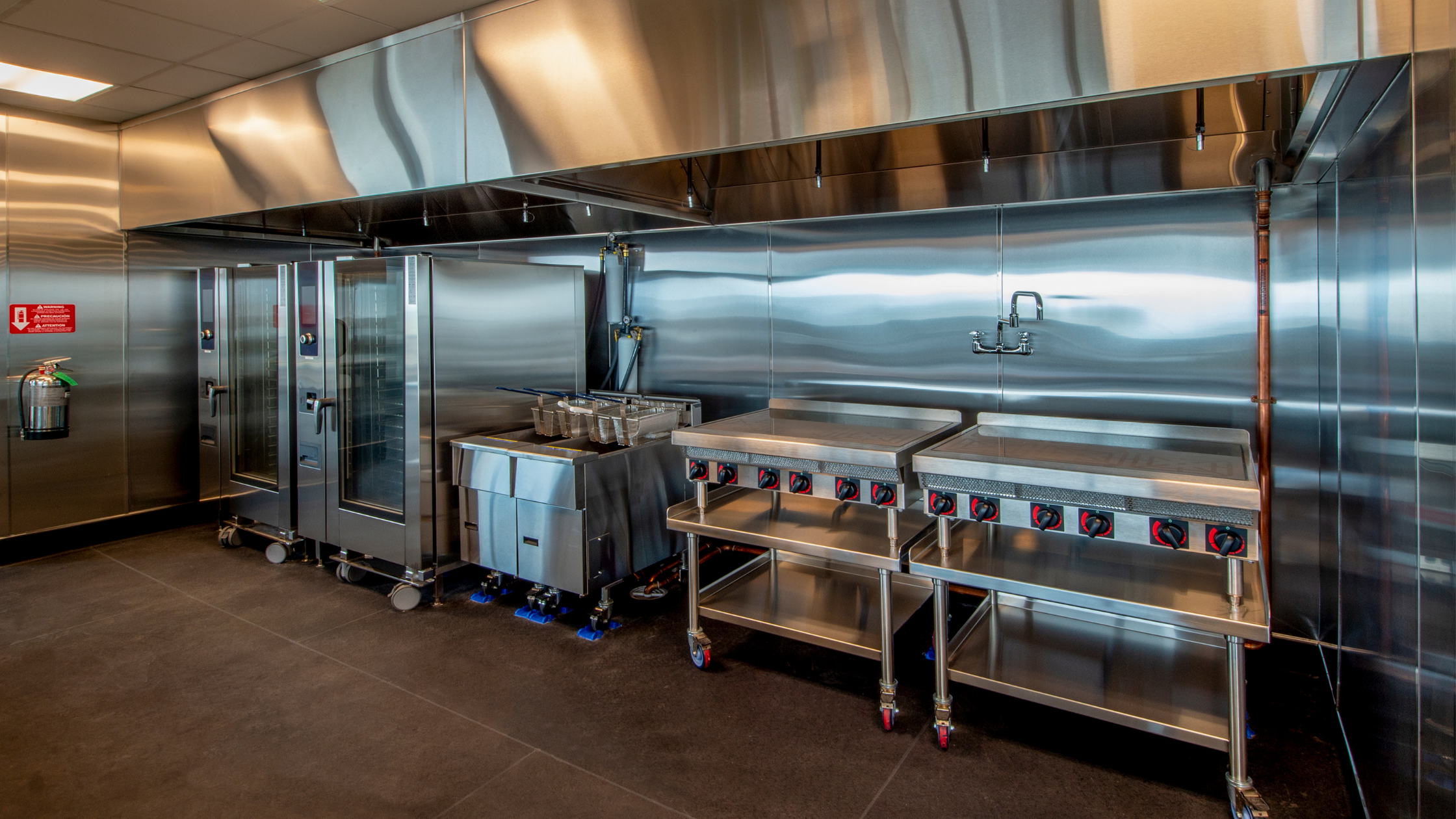
Commercial Kitchen Equipment Buying Guide: Tips and Factors to Consider
Introduction
Are you in the market for commercial kitchen equipment? Whether you're starting a new restaurant or upgrading your existing kitchen, choosing the right equipment is crucial for the success of your business. In this comprehensive buying guide, we will explore the essential factors to consider when purchasing commercial kitchen equipment. From understanding your specific needs to evaluating the quality and durability of the equipment, we've got you covered. So let's dive in and make an informed decision!
Commercial Kitchen Equipment Buying Guide: Tips and Factors to Consider
Understanding Your Needs
To begin with, it's important to have a clear understanding of your specific needs before purchasing commercial kitchen equipment. Consider factors such as the type of cuisine you'll be serving, the size of your operation, and the volume of food you'll be preparing. By identifying your requirements, you can narrow down your options and choose equipment that aligns with your business goals.
Essential Commercial Kitchen Equipment
- Walk-in coolers and freezers
- Reach-in refrigerators
- Undercounter refrigerators
- Display cases
- Range ovens
- Griddles and grills
- Fryers
- Convection ovens
- Food processors
- Mixers
- Slicers
- Blenders
- Shelving units
- Storage racks
- Ingredient bins
- Dishwashers
- Pot sinks
- Exhaust hoods
- Air purifiers
- Fire suppression systems
- First aid kits
Maintenance and Care of Commercial Kitchen Equipment
Now that you have an idea of the essential equipment for your commercial kitchen, it's important to understand the importance of proper maintenance and care. By following these tips, you can extend the lifespan of your equipment and ensure optimal performance:
Regular Cleaning: Clean your equipment after each use to prevent the buildup of grease and food particles. Use appropriate cleaning agents and follow manufacturer guidelines.
Scheduled Maintenance: Create a maintenance schedule for routine inspections and servicing of your equipment. This will help identify any potential issues before they escalate.
Staff Training: Train your staff on how to properly use and clean the equipment. Provide clear instructions and guidelines to prevent misuse or damage.
Repairs and Replacements: Address any repairs or replacements promptly to avoid further damage or safety hazards. Keep spare parts on hand for quick fixes.
Professional Assistance: If you're unsure about maintenance tasks or encounter complex issues, seek professional assistance from authorized service providers.
Choosing the Right Commercial Kitchen Equipment for Your Business
When selecting commercial kitchen equipment, there are several factors to consider to ensure you make the right choice:
Quality and Durability: Invest in high-quality equipment that is built to last. Look for reputable brands with a track record of manufacturing durable products.
Energy Efficiency: Opt for energy-efficient equipment to reduce utility costs and minimize environmental impact.
Safety Features: Consider equipment with built-in safety features such as automatic shutoffs, temperature controls, and fire suppression systems.
Ease of Use: Choose equipment that is user-friendly and intuitive to operate. This will save time during busy periods and reduce the risk of accidents.
Cost Effectiveness: While price is an important consideration, focus on long-term value rather than upfront costs. Look for warranties, maintenance plans, and energy-saving features that can save you money in the long run.
Size and Space Constraints: Measure your kitchen space accurately and choose equipment that fits seamlessly into your layout. Consider the workflow and ensure there is enough space for staff to move around comfortably.
FAQs (Frequently Asked Questions)
Q: What are some popular brands of commercial kitchen equipment? A: Some popular brands include Vulcan, True, Hobart, Rational, and Manitowoc.
Q: Is it better to buy new or used equipment? A: It depends on your budget and requirements. New equipment offers warranties and the latest technology, while used equipment can be more cost-effective for startups or smaller operations.
Q: How often should I clean my commercial kitchen equipment? A: It's recommended to clean your equipment after each use to maintain hygiene standards and prevent the buildup of grease and food debris.

Q: Can I lease commercial kitchen equipment instead of buying? A: Yes, leasing can be a viable option for businesses with limited upfront capital or those looking for flexibility in their equipment choices.
Q: Do I need a fire suppression system in my commercial kitchen? A: Fire suppression systems are essential for safety compliance in commercial kitchens. They help suppress fires quickly and protect both staff and property.
Q: What certifications should I look for when purchasing commercial kitchen equipment? A: Look for certifications such as NSF (National Sanitation Foundation), UL (Underwriters Laboratories), ENERGY STAR, and ETL (Electrical Testing Laboratories) to ensure compliance with industry standards.
Conclusion
Purchasing commercial kitchen equipment is a significant investment that can greatly impact the success of your business. By understanding your needs, choosing the right equipment, and maintaining it properly, you can create an efficient and safe braycostainless.co.nz workspace that meets industry standards. Remember to Brayco New Zealand consider factors such as quality, durability, energy efficiency, and safety features when making your decision. With the tips and factors outlined in this buying guide, you're well-equipped to make an informed choice and set up a commercial kitchen that serves your business needs for years to come.